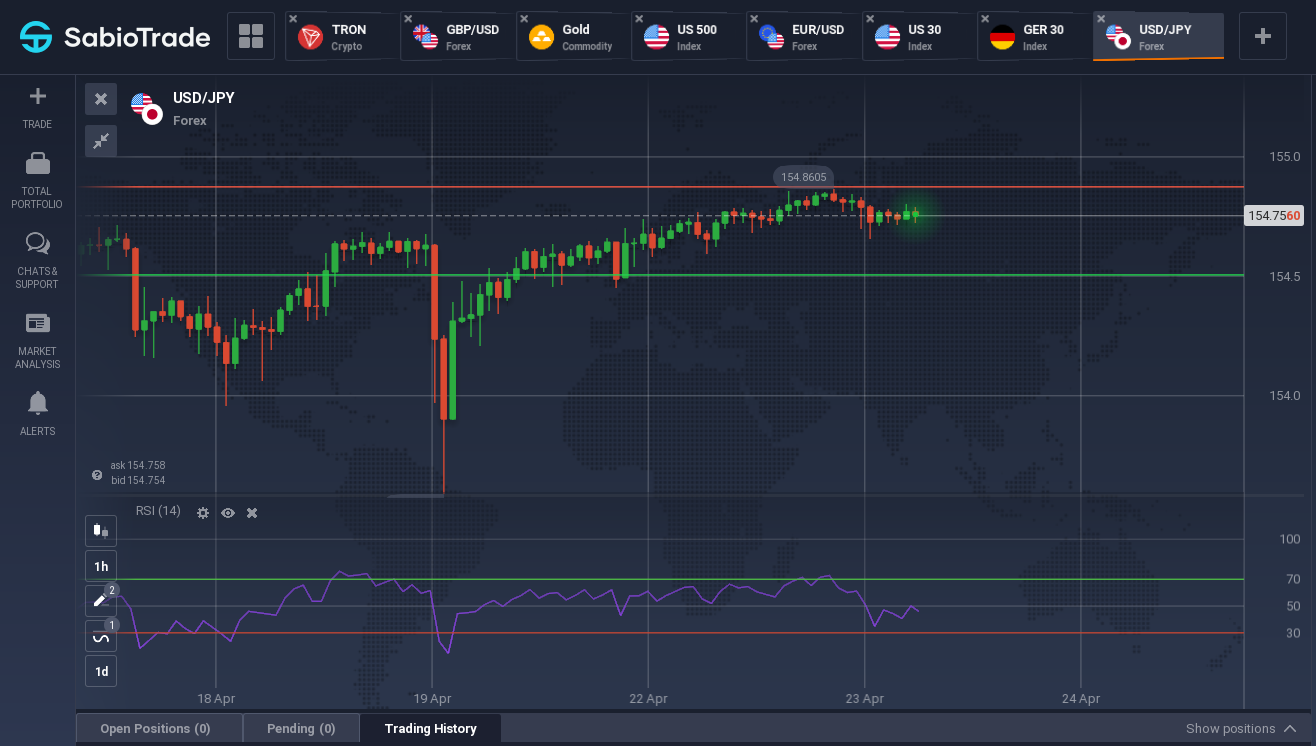Japan Considers Intervention as Yen Weakens



Japanese Finance Minister Shunichi Suzuki recently emphasized the potential for Japan to address the ongoing depreciation of the yen during a parliamentary session on Tuesday. He highlighted the collective concern over the impact of a weaker yen on import costs discussed in meetings with U.S. and South Korean counterparts. Suzuki indicated that these discussions, including the first trilateral finance dialogue, have set the stage for possible interventions in the currency market, though he did not specify the actions that might be taken. The urgency of the situation was underscored by the yen’s drop to 154.85 against the dollar, marking the weakest point since 1990 and stirring market speculation about imminent interventions.
During this critical period, particularly with the approaching Golden Week, which could increase market volatility, Japanese authorities are on high alert. Suzuki reaffirmed at a news conference that Tokyo is prepared to act decisively, considering all available options to curb excessive fluctuations in the forex market. This stance is backed by the latest U.S. economic data, suggesting strong inflation rates that have pushed the dollar to a five-month peak, diminishing the likelihood of near-term interest rate cuts by the Federal Reserve. The weak yen, while beneficial for exports, poses significant challenges for domestic economic stability by increasing household living costs, hence drawing intense scrutiny on the timing of potential interest rate hikes by the Bank of Japan.